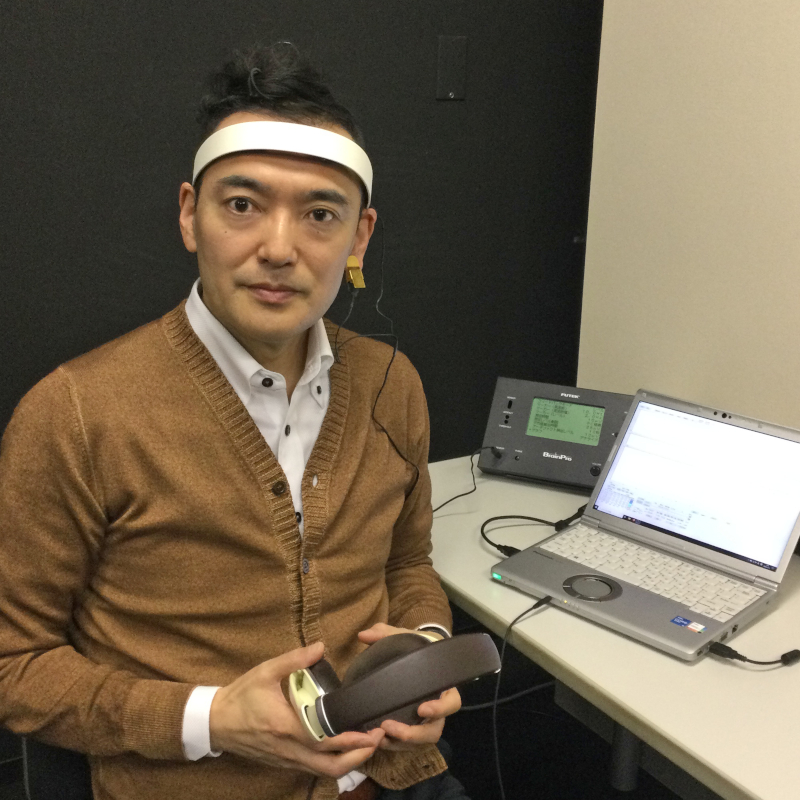To celebrate the 360th anniversary of the Philosophical Transactions, we have invited Guest Editor Hirohito M Kondo to tell us what publishing with the journal means to him.

Publishing in Philosophical Transactions is both an honour and an exciting opportunity. It’s amazing to know that my work is now part of the journal with over three centuries of history. Philosophical Transactions has always led the way in connecting different fields, and our theme issue carried on this tradition by linking sensory neuroscience with affective psychology. This approach highlights the journal’s role in advancing our understanding of human experience. I deeply respect the scholars who have shaped its legacy and kept its mission thriving over the years.
I’ve been lucky to serve as the Lead Guest Editor for two theme issues. The first, “Auditory and visual scene analysis” was published in 2017, and the second, “Sensing and feeling: an integrative approach to sensory processing and emotional experience”, came out in 2024. Both had a big impact, sparking discussions and new collaborations in the scientific community. Contributing to this legacy, especially with a theme exploring the connection between perception and emotion, has been a career highlight for me.
But the reach went beyond academia. These issues caught the public’s eye as well. I received requests for TV appearances, interviews, and opportunities to write for magazines and books. It was exciting—and honestly, a bit surprising—to see how these topics resonated with so many people. It reminded me that research doesn’t just stay in the lab; it can inspire curiosity and spark conversations in the wider world.
The guest editing process gave me the chance to interact with researchers at all career stages—from up-and-coming talents to senior experts. Everyone was incredibly supportive and collaborative, which really showed me the influence of Philosophical Transactions. Guest editing was intellectually rewarding, too. Bringing together diverse contributions wasn’t just about scientific rigor—it was about weaving different ideas into a unified narrative. The collaborative review process was unforgettable. It highlighted just how valuable constructive feedback is in shaping ideas and making complex topics clearer.
When selecting a journal to publish in, I look for three key things:
Reach, reflected in how widely journal articles influence the field.
Reputation, which ensures the work is published in a trusted and respected outlet.
Support, provided by a collaborative editorial process and an engaged readership.
Philosophical Transactions excels in all these areas. Its interdisciplinary scope encourages dialogue across fields, its rigorous review process guarantees quality, and its long-standing history inspires confidence and respect.
The future of academic publishing is all about accessibility, interdisciplinarity, and innovation. Open access will be key, making knowledge available to a wider audience. As fields like psychology merge more with technology and data science, journals need to adapt to facilitate cross-disciplinary work. Philosophical Transactions has a strong history of evolving with the times while maintaining top academic standards. It’s perfectly positioned to lead these changes. I’d be thrilled to take on the role of editor again, contributing to this legacy and shaping the next chapter of its history.
Visit our anniversary page for more content celebrating 360 years of publishing.

